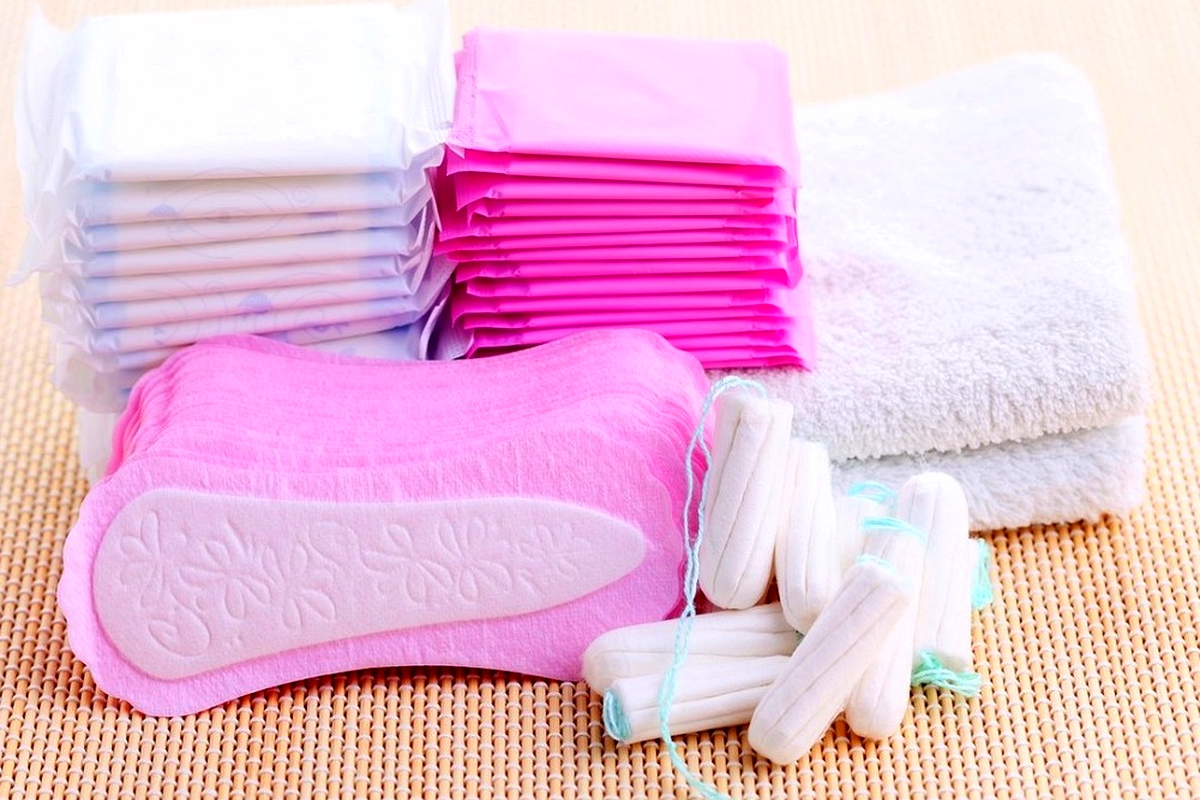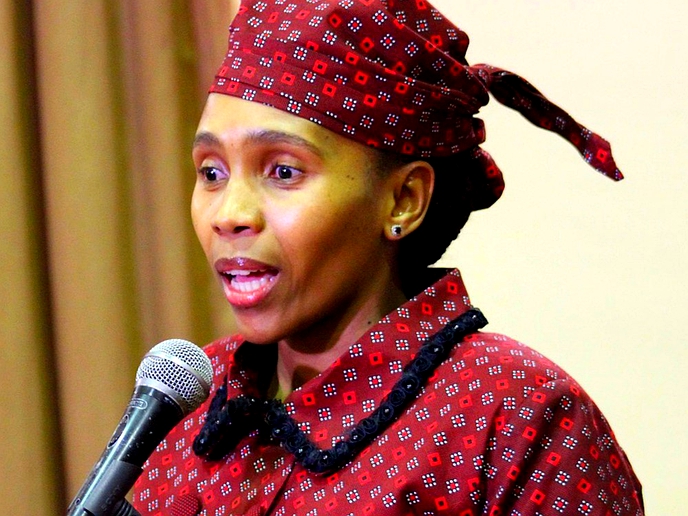AT the age of 17, Mosele Rampai is still in primary school. Like many other girls in her community, Mosele’s education is disrupted by poverty. She misses school each month because she cannot afford sanitary pads.
health
June 3, 2022
LINEO MABEKEBEKE
3 min read
13 percent of females lack sanitary pads

Sanitary pads
Story highlights
“This affects my performance in class,” she said. “Being unable to attend school because of lack of funds for sanitary products makes life even harder.”
In Lesotho, menstruation is one of the significant barriers to meaningful participation in life. An estimated 13 percent of females aged 15 to 49 reports that they are unable to participate in social activities, school, or work due to menstruation.
Lack of menstruation management products, inadequate facilities, cultural factors, shame and embarrassment, fear of leakage, and discomfort are many of the reasons that are a hindrance to school girls like Rampai to living a normal life.
Many adolescent girls and young women her age living in deprived rural areas use rags as sanitary pads, with no water to wash their hands and no toilets for their privacy.
But government and its partners are working together to make menstruation a normal fact of life. There are efforts to increase access to accurate, timely, age-appropriate information on menstruation, effective and affordable menstrual materials.
Also, government is supplying supportive facilities and services, including water, sanitation, and hygiene for washing the body and hands, changing menstrual materials, and cleaning and/or disposing of used materials.
It offers timely diagnosis, treatment, and care for menstrual cycle-related discomforts and disorders and positive and respectful living and learning environments - free from stigma and psychological distress – to girls like Rampai.
When she was 15 in Class Six, Rampai said she used to share used pads with fellow classmates before her class teacher warned against it because it was unhygienic.
“I always tried to find solutions but improvising was not always ideal,” she said.
UNICEF says poor menstrual hygiene is caused by a lack of appropriate information on the issue, persisting taboos and stigma, limited access to hygienic menstrual products, and poor sanitation and water infrastructure.
“It undermines the learning opportunities, health, and overall social status of women and girls worldwide,” the body said. “As a result, millions of women and girls are kept from reaching their full potential.”
Enjoy our daily newsletter from today
Access exclusive newsletters, along with previews of new media releases.
Every May 28, concerned organisations observe Menstrual Hygiene Day, a global advocacy platform that brings together the voices and actions of government agencies, individuals, non-governmental organisations and the private sector to promote good menstrual health and hygiene for all women and girls.
Menstrual Hygiene Day aims to break taboos and end the stigma surrounding menstruation. It raises awareness about the challenges regarding access to menstrual products, education about menstruation, and period-friendly sanitation facilities while at the same time mobilising the required funding.
“In Lesotho, many of our girls and women of reproductive age face many challenges in managing their menstruation in different settings – households, schools and workplaces,” said UNICEF.
“The country lacks adequate and appropriate menstrual management materials, sanitation facilities, water supply infrastructure and handwashing facilities. As a result, many girls and women, especially in deprived areas, still use old clothes, dirty rags, or leaves to manage their menses.”
It says using these products can be dangerous to health and difficult to conceal, often leading to shame, with individuals menstruating being targeted with violence.
This year’s Menstrual Hygiene Day presents an opportunity for community members, advocates, governmental leaders at all levels, non-governmental organisations, and businesses to unite around efforts to make menstruation a normal fact of life.
Tailored for you






